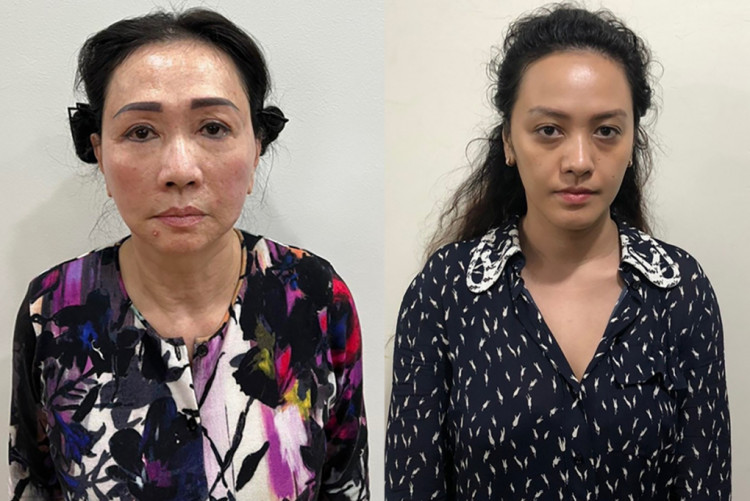Vietnam's court has sentenced Truong My Lan, a prominent real estate tycoon, to death for her involvement in a colossal financial fraud case valued at 304 trillion dong ($12.46 billion), marking the country's most substantial fraud case to date. The trial, which took place in Vietnam's commercial epicenter, Ho Chi Minh City, concluded with Lan being found guilty of embezzlement, bribery, and violations of banking regulations.
The case against Lan, chairwoman of the Van Thinh Phat Holdings Group, unfolded rapidly, beginning on March 5 and concluding ahead of schedule. This trial is a part of Vietnam's broader "blazing furnace" anti-corruption campaign, initiated by Nguyen Phu Trong, the leader of the Communist Party. Despite the campaign's intent to eradicate corruption, tangible results have been scarce, though it has led to the prosecution or resignation of numerous senior officials and business figures.
In 2022, the arrests of high-profile corporate figures contributed to a $40 billion loss in the Vietnamese stock market, undermining investor confidence during a critical period for the nation's burgeoning economy. Lan's legal team was unavailable for immediate comment following the verdict.
Investigators accused Lan and her co-conspirators of draining over 304 trillion dong from the Saigon Joint Stock Commercial Bank (SCB), utilizing a complex network of proxies to execute illicit loans to shell companies. The fraudulent activities spanned from early 2018 to October 2022, culminating in a government bailout of SCB following a significant withdrawal of deposits.
The magnitude of Lan's fraud, initially pegged at $12.5 billion, has since escalated to an estimated $27 billion, accounting for approximately six percent of Vietnam's GDP in 2023. This staggering sum surpasses even the recent scandal involving FTX cryptocurrency exchange founder Sam Bankman-Fried. Lan's death sentence, a severe penalty for financial crimes, underscores the gravity with which Vietnam is addressing corruption within its borders.
Lan's arrest was a part of a nationwide crackdown targeting corrupt practices among government officials and business elites, which has seen over 4,400 individuals indicted in more than 1,700 cases since 2021. Her case has sparked widespread public outcry, with protests erupting in Hanoi and Ho Chi Minh City, a rare occurrence in the one-party state.
The scandal has affected approximately 42,000 victims, primarily SCB bondholders who have been unable to access their funds or receive due payments since Lan's detention. In her final remarks to the court, Lan expressed regret for her involvement in the banking sector, which she admitted to having limited knowledge of.
Prosecutors have seized over 1,000 properties linked to Lan and uncovered what is considered the largest bribe in Vietnamese history, involving $5.2 million allegedly used to conceal SCB's financial issues. This case not only highlights the extensive reach of Vietnam's anti-corruption efforts but also the significant challenges the country faces in maintaining financial integrity and investor confidence amidst its rapid economic growth.




